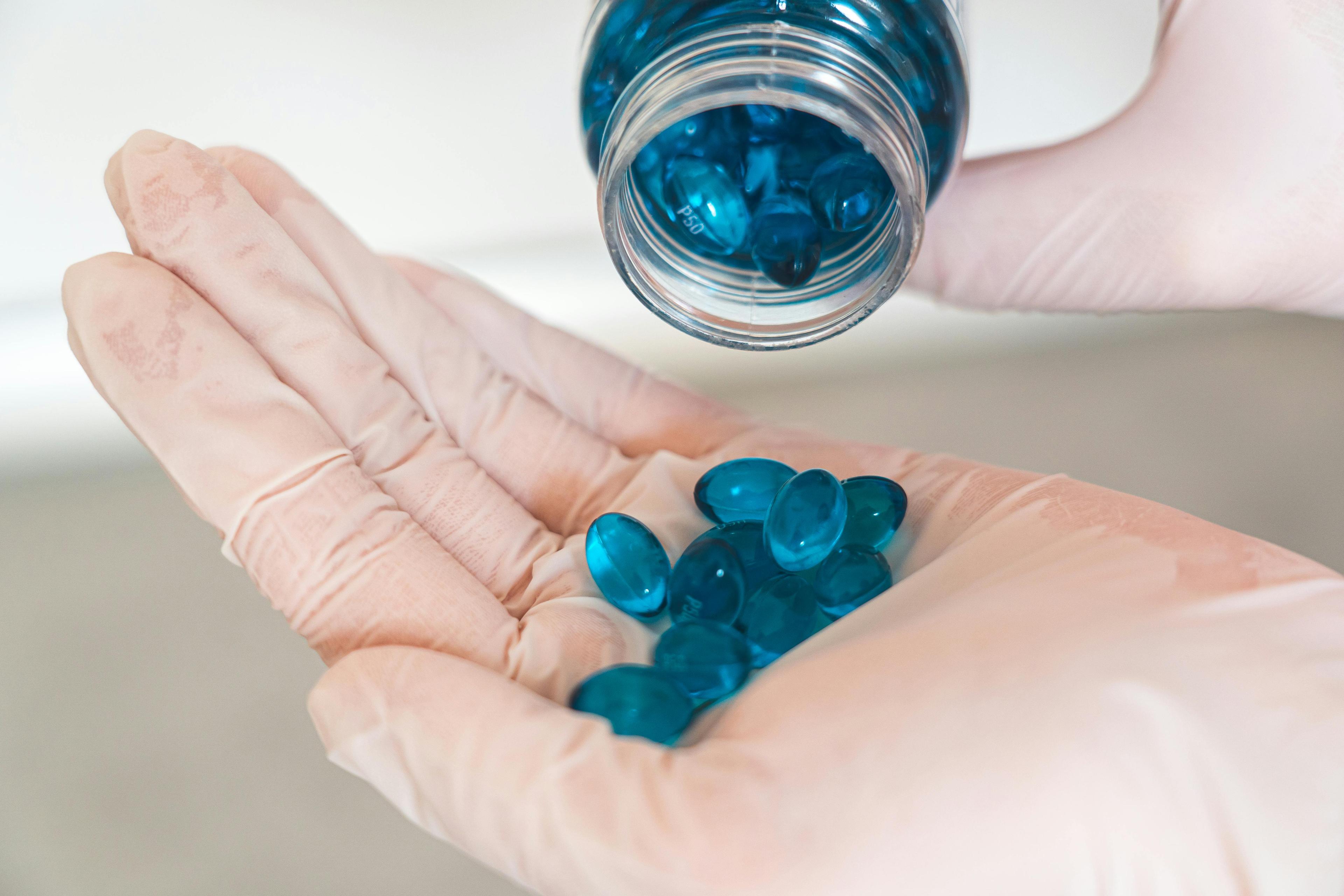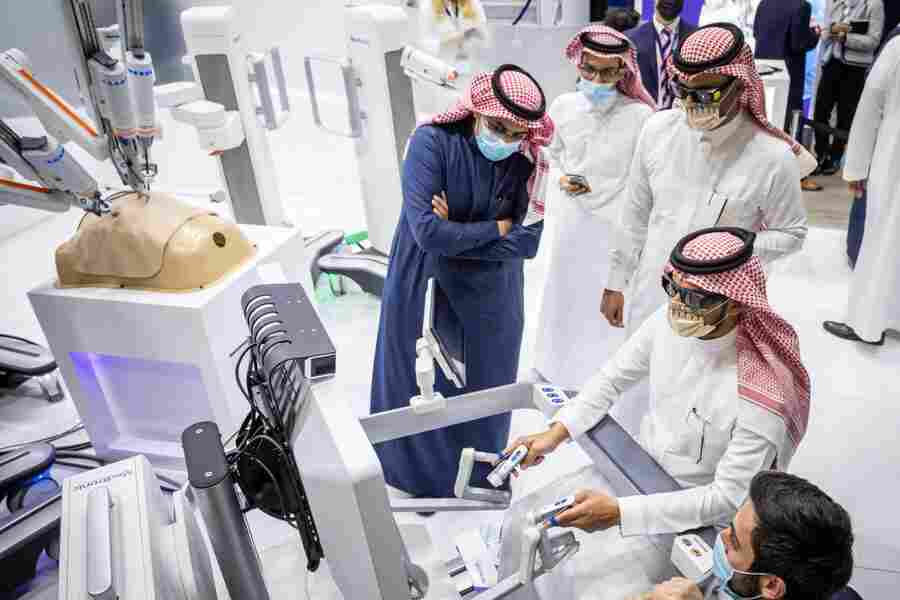
HONG KONG (Enmaeya News) — Insilico Medicine has forecast that the first drugs designed entirely by artificial intelligence (AI) could reach the market by 2030, marking a major step in the future of pharmaceutical development. The company’s CEO, Alex Zhavoronkov, expressed confidence in achieving this milestone within the next five to six years.
Speaking to Bloomberg Television on May 22, Zhavoronkov said, “I would be surprised if we don’t see it over the next five to six years. I hope we will be the first — we have more than 40 programs internally — but you never know.”
The prediction highlights the increasingly important role of AI in drug development, which is already being used to screen molecules and identify potential drug targets. While no AI-generated drug has yet gained regulatory approval, Takeda Pharmaceutical is reportedly nearing the end of clinical trials for an AI-selected psoriasis treatment, with results expected later this year.
Insilico’s approach stands out for its end-to-end use of AI, from hypothesis generation to drug optimization. The company aims to produce drug candidates ready for human trials, setting it apart from other industry players who typically use AI in a more fragmented manner.
With headquarters in Hong Kong and operations across the U.S., China, Canada, and the Middle East, Insilico recently refiled for a listing on the Hong Kong Stock Exchange after a funding round that valued the company at over $1 billion.
The growing use of AI in drug discovery is seen as a potential game-changer. A successful AI-driven drug development model could streamline the process, reduce costs, and speed up time-to-market. It could also lower the barriers to drug development in both developed and emerging markets, offering new possibilities for global healthcare systems. While the rise of generative AI in healthcare raises questions about regulation, clinical validation, and ethics, industry experts remain optimistic.
For Insilico and the wider pharmaceutical sector, 2030 could mark the dawn of a new era, where drug discovery originates not in laboratories, but in algorithms.






